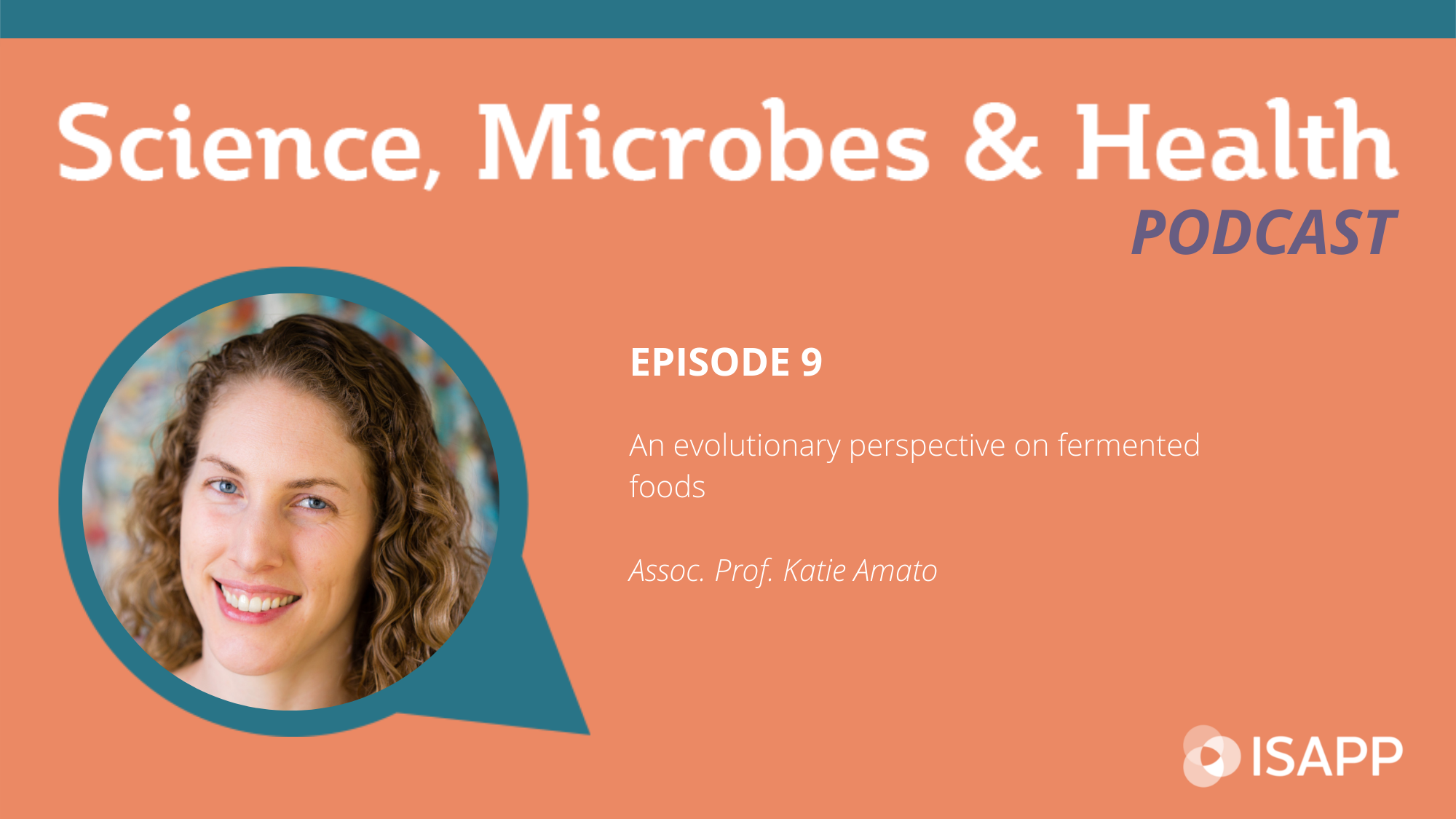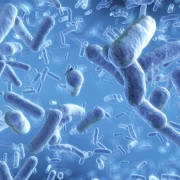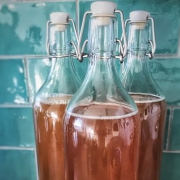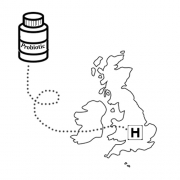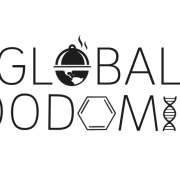Episode 9: An evolutionary perspective on fermented foods
Podcast: Play in new window | Download
Subscribe: Apple Podcasts | Spotify | RSS
The Science, Microbes & Health Podcast
This podcast covers emerging topics and challenges in the science of probiotics, prebiotics, synbiotics, postbiotics and fermented foods. This is the podcast of The International Scientific Association for Probiotics and Prebiotic (ISAPP), a nonprofit scientific organization dedicated to advancing the science of these fields.
An evolutionary perspective on fermented foods, with Assoc. Prof. Katie Amato
Episode summary:
In this episode, the ISAPP hosts talk about fermented foods and non-human primates with Katie Amato of Northwestern University, USA. Amato describes what she has learned from studying the gut microbiota of non-human primates and how it relates to our understanding of human and gut microbial co-evolution over time. She also talks about non-human primate behaviors around fermented foods and what they might tell us about the need for human fermented food consumption.
Key topics from this episode:
- A list of species categorized as non-human primates.
- Changes in the gut microbiota of primates depend on habitats and available food across different seasons.
- Primates in captivity have a different gut microbiota from wild ones – for example, animals kept in the zoo have a lower gut microbiota diversity.
- Fermentation as a process to improve access to nutritional components of food; knowledge about primates’ use of fermentation and their gut microbes can tell us something about early human evolution.
- Primates may derive benefits from using fermented foods. Consumption of fermented foods (overripe fruits) by primates is linked to certain habitats and climate factors; some non-human primates appear to intentionally leave fruits to ferment before returning to consume them.
- There are benefits to translating the knowledge obtained from studying gut microbiota of primates to humans.
Episode abbreviations and links:
Dissertation study: The Gut Microbiota Appears to Compensate for Seasonal Diet Variation in the Wild Black Howler Monkey (Alouatta pigra)
Study: Fermented food consumption in wild nonhuman primates and its ecological drivers
Mentors mentioned: Kathy Cottingham, Matt Ayres, David Peart, John Gilbert, Mark McPeek, Craig Layne, Rob McClung.
Steve Ross, Alejandro Estrada, Paul Garber, Angela Kent, Rod Mackie, Steve Leigh, Rob Knight.
Additional resources:
Research on the microbiome and health benefits of fermented foods – a 40 year perspective. ISAPP blog
New ISAPP-led paper calls for investigation of evidence for links between live dietary microbes and health. ISAPP blog
About Assoc. Prof. Katie Amato:
Dr. Amato is a biological anthropologist at Northwestern University studying the influence of gut microbes on host ecology and evolution. Her research examines how changes in the gut microbiota impact host nutrition, energetics, and health. She uses non-human primates as models for studying host-gut microbe interactions in selective environments and for providing comparative insight into the evolution of the human gut microbiota. Her main foci are understanding how the gut microbiome may buffer hosts during periods of nutritional stress and how the gut microbiome programs normal inter-specific differences in host metabolism. Dr. Amato is the President of the Midwest Primate Interest Group, an Associate Editor at Microbiome, an Editorial Board member at Folia Primatologica, and a Fellow for the Canadian Institute of Advanced Research’s ‘Humans and the Microbiome’ Program.

